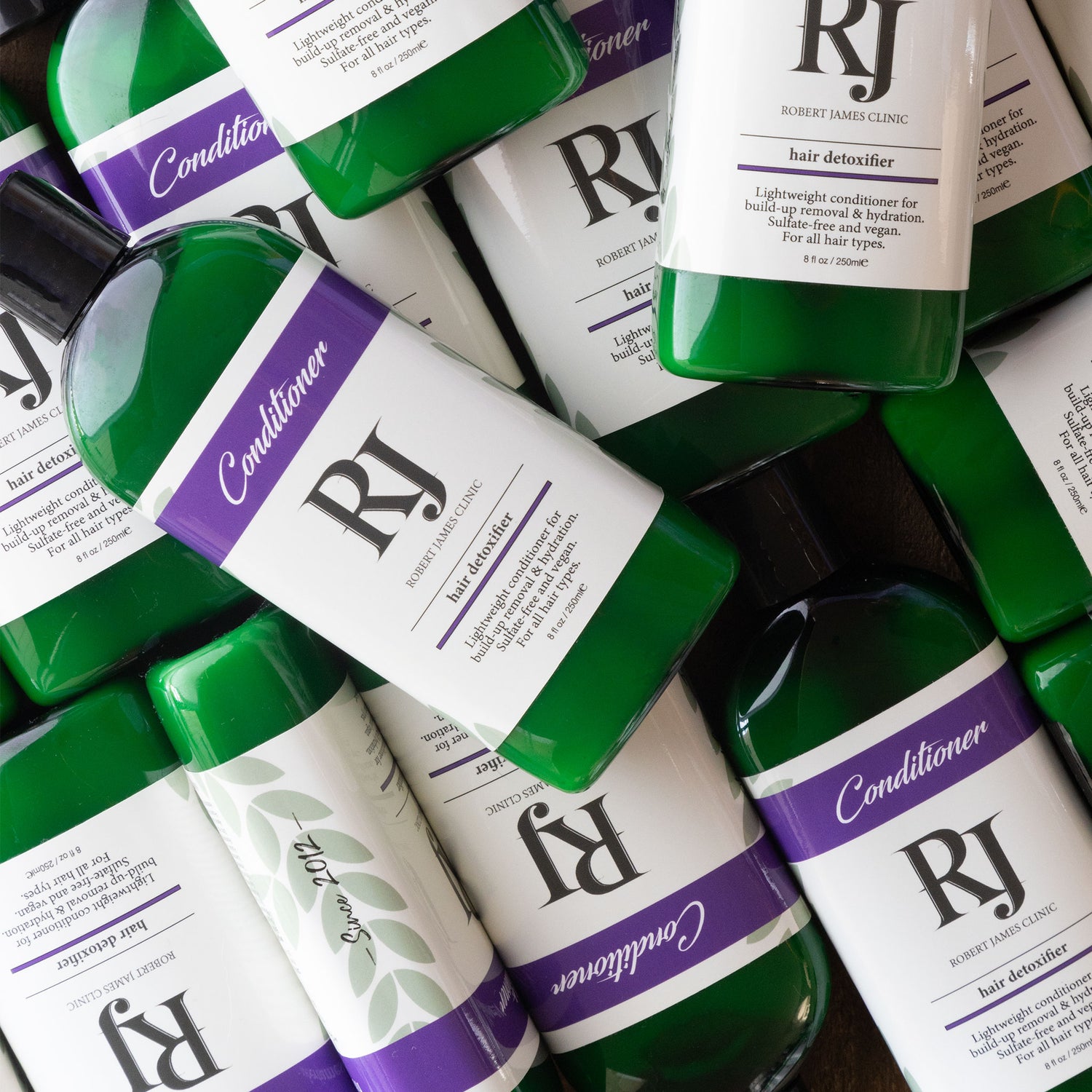Having dry hair and skin in the winter months can be irritating and tiresome.
The skin and hair are reflections of a balanced and nutritious diet. Clear, moist and glowing skin is a sign of optimal nutrition. Hair that is flexible, shiny and vibrant also shows your inner health. Although nutrition is important in maintaining healthy skin and hair, some factors cannot be controlled. Skin becomes drier as you age, and genetics largely determines how much hair you keep. A good diet cannot reverse this natural aging process, but it can keep your skin and hair as healthy as possible.
Vitamin E
Vitamin E is important for maintaining healthy skin and hair. The best food sources of vitamin E are vegetable oils, almonds, pine nuts, wheat germ, avocados and sweet potatoes. In addition to consuming vitamin E-rich foods, you can make home treatments for dry skin and hair. Avocados contain skin-nourishing vitamin E and phytosterols, which are similar to your skin's own lipids. To hydrate dry hair, mash an avocado into a paste and apply it to clean, damp hair. For dry skin, mix a couple tablespoons of avocado with a tablespoon of mashed banana and egg yolk and use as a moisturizing mask.
Magnesium
Magnesium facilitates the release of energy from foods. It helps the body absorb nutrients needed to nourish dry skin and thinning hair. Adequate levels of the mineral magnesium are especially important for healthy hair growth. The best sources of magnesium include cocoa powder, Brazil nuts, sunflower seeds, cashew nuts, hazelnuts and soybeans.
Zinc
A zinc deficiency can contribute to hair loss. The mineral is necessary for optimal blood and oxygen flow to the hair. Zinc also keeps skin healthy by protecting against free radicals that damage and dry skin. Zinc can be found in oysters, pumpkin seeds, pecan nuts, crab, Parmesan cheese, seaweed, liver and beef steak.
If you're concerned with your hair loss and would like to consult with Robert James about your options contact us.




